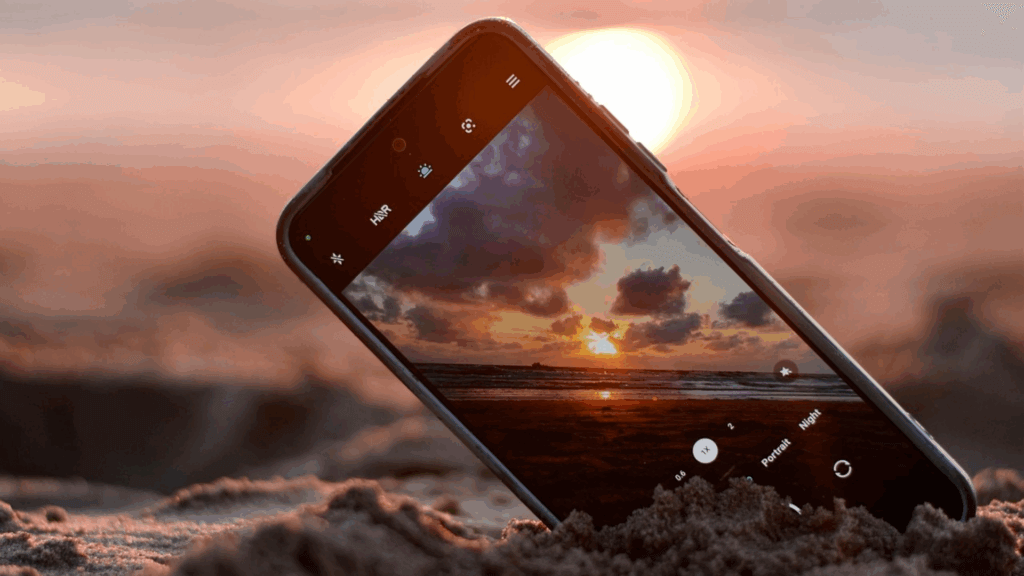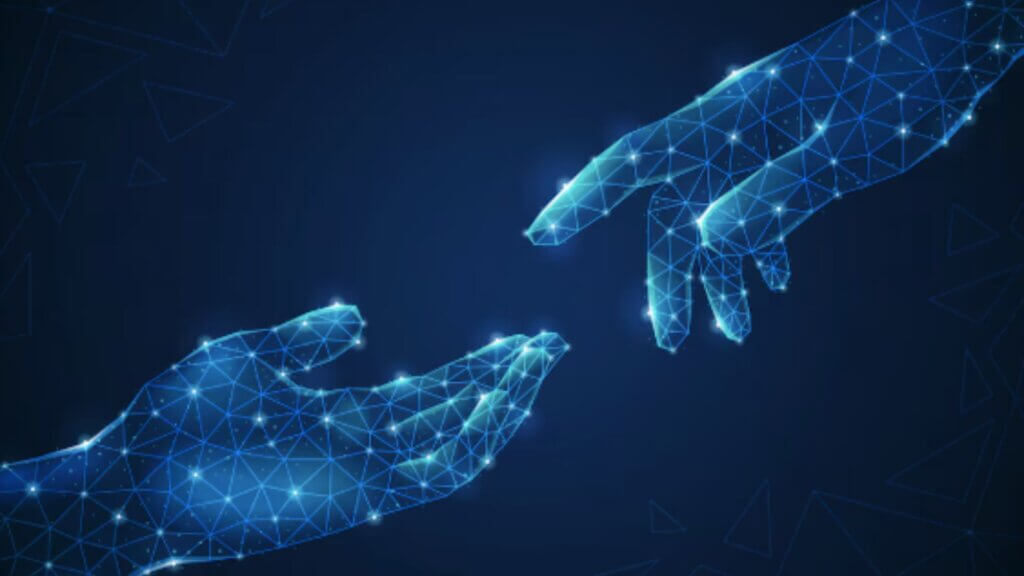Products are selected by our editors, we may earn commission from links on this page.

Technology is evolving faster than ever, and what we consider essential today could soon become outdated. Bill Gates has hinted at a future where smartphones disappear, giving way to electronic tattoos, devices that merge seamlessly with our bodies and redefine the way we connect, communicate, and care for our health.
The Future Beyond Smartphones

Bill Gates has once again sparked global debate by predicting that smartphones could soon be replaced by an entirely new form of technology. His vision centers on electronic tattoos—innovative devices designed to blend seamlessly with the human body. If true, this could mark the beginning of a new chapter in how we interact with technology.
The End of a Familiar Era

For over a decade, smartphones have dominated modern life, shaping everything from communication to entertainment. Gates suggests, however, that this dominance may be approaching its conclusion. He points to electronic tattoos as the next revolutionary step, shifting us away from handheld devices toward something far more integrated.
Technology Worn on Skin

Unlike phones that we carry, electronic tattoos are applied directly to the skin. They function through smart inks and nanocapacitors, giving them the ability to operate without bulky batteries or visible screens. The result is a lightweight, discreet, and potentially more intuitive tool for daily life.
Communication Reinvented

These tattoos could allow people to send messages, browse the internet, or even open digital locks through simple gestures. By connecting with nearby systems, they transform the body into a living interface. Technology would no longer sit in your pocket, it would live on your skin.
Health at Your Fingertips

One of the most promising applications lies in healthcare. Electronic tattoos are capable of tracking vital signs such as heart rate, body temperature, and stress levels. They may even detect early signs of illness before symptoms appear, making them both a communication tool and a medical guardian.
New Ethical Challenges

With great innovation comes complex questions. If electronic tattoos collect personal health and location data, who controls that information? Ensuring privacy and ethical use of such intimate data will be among the most pressing challenges as this technology advances.
Security in a New Dimension

Beyond privacy, security becomes critical. Could tattoos be hacked, manipulated, or cloned? While biometric uniqueness offers a stronger line of defense than passwords or cards, cybercrime might evolve to target this new frontier. The stakes are higher when the device is literally part of you.
A Different Kind of Lifestyle

If electronic tattoos replace smartphones, our daily interactions with technology could change dramatically. The constant pull of screens might fade, giving way to a more seamless connection with digital tools. This shift could reduce distraction and promote more natural social interactions.
Social Implications and Access

Yet, not everyone may benefit equally. Advanced technologies often highlight economic and social divides. If electronic tattoos remain costly or exclusive, they risk deepening the digital gap, creating an unequal future where only certain groups access the benefits.
A Radical Step Forward

Whether seen as exciting or unsettling, electronic tattoos represent a bold reimagining of personal technology. Bill Gates’ prediction invites us to consider not just the end of smartphones, but the beginning of a world where technology becomes an invisible, integrated part of human life.
